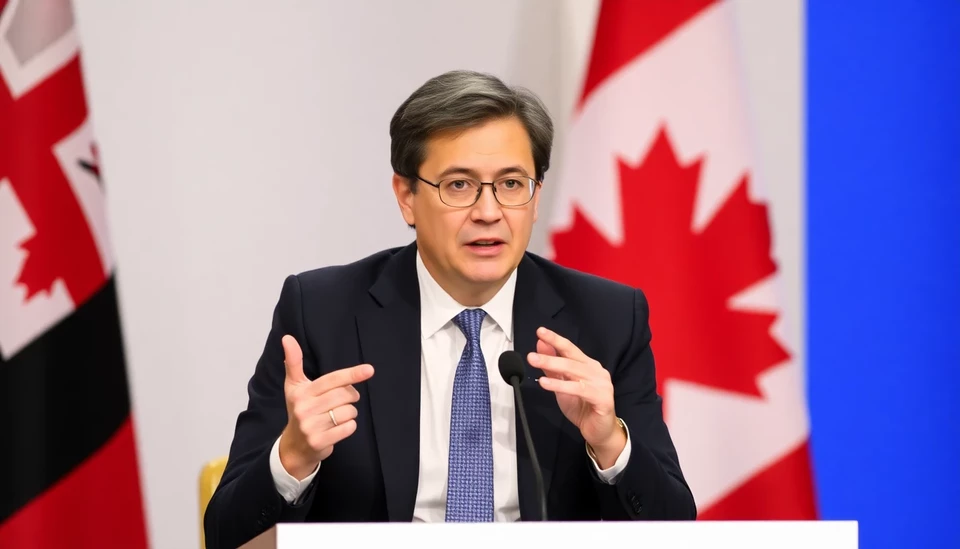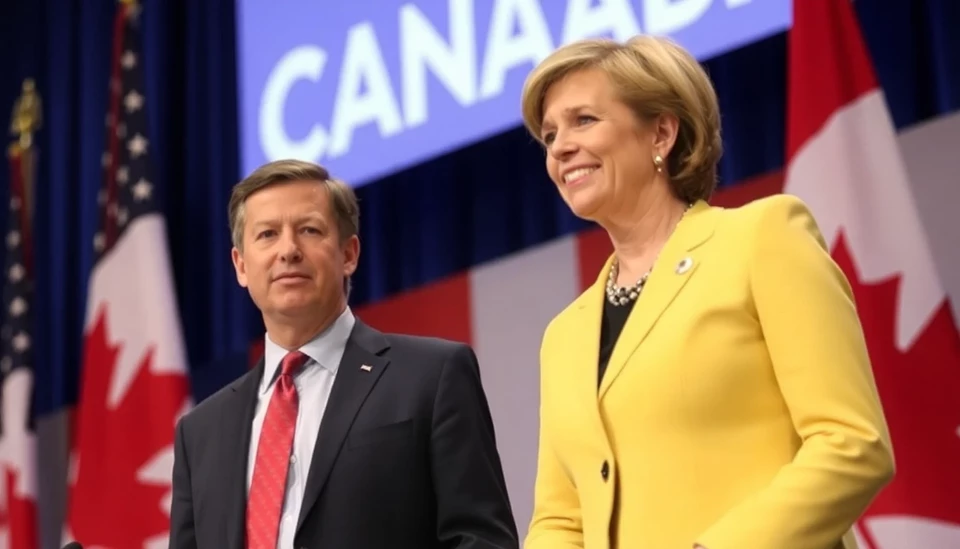
In a bold assertion, Canada’s Minister of Immigration, Refugees and Citizenship, Sean Fraser, has declared that the nation’s economy is not likely to take a downturn as a result of potential immigration curbs. Speaking at a recent economic forum, Fraser emphasized the resilience of Canada’s labor market in the face of changing immigration policies.
Fraser's comments come amidst ongoing discussions regarding the future of immigration in Canada, especially in light of debates about adjusting the flow of newcomers into the country. Addressing concerns raised by various stakeholders about how such restrictions might impact the booming labor market and economic vitality, Fraser provided reassurances that Canada can maintain its economic momentum even with adjustments to immigration.
According to Fraser, the Canadian economy has demonstrated significant growth and adaptability, reinforced by a strong demand for labor across multiple sectors. He pointed out that businesses in Canada have been increasingly effective at filling job vacancies through various means, suggesting that the workforce can remain robust without a constant influx of immigrants.
Fraser noted, “Canada is home to an incredibly talented workforce that continues to evolve. Our economy is built on innovation and adaptability, and we believe that we have the resources to sustain growth.” He further underscored that while immigration plays a vital role in national development, strategic adjustments can still allow for a thriving economy.
As part of the government's broader approach, Fraser indicated that the emphasis would be on enhancing training programs and improving conditions for existing workers to ensure that the Canadian labor market remains competitive. This shift aims not only to address immediate labor shortages but also to prioritize worker development in sectors significantly affected by immigration delays.
The minister added that the Canadian government is actively engaging with businesses and community leaders to determine the best pathways forward, insisting that stakeholder input is crucial in shaping immigration policy that balances national needs with economic growth.
Fraser’s assertions come after an in-depth analysis by several economic experts, who have expressed both optimism and caution regarding the long-term impacts of decreasing immigration levels. Some economists argue that while immediate effects may not be felt, a prolonged decline in immigration could hinder Canada’s economic prospects in the future, particularly in sectors reliant on immigrant labor.
Despite potential pushback from various sectors advocating for higher immigration levels, Fraser reiterated the government's commitment to crafting policies that directly contribute to the sustainability of the Canadian economy while remaining responsive to the needs of its citizens.
The conversation around immigration has grown increasingly pertinent as Canada continues to navigate post-pandemic economic realities, and Fraser’s swift response highlights the government’s intention to manage these discussions judiciously.
As Canada gears up for the future, the immigration debate will undoubtedly be a significant focal point in shaping not just economic strategies but also societal perspectives on inclusivity and workforce development.
Only time will reveal the true impact of these potential policy shifts, but for now, the Canadian government appears determined to strike a balance that fosters both economic vitality and responsible immigration practices.
#Canada #Economy #Immigration #LaborMarket #EconomicGrowth #WorkforceDevelopment #MinisterFraser
Author: Daniel Foster




